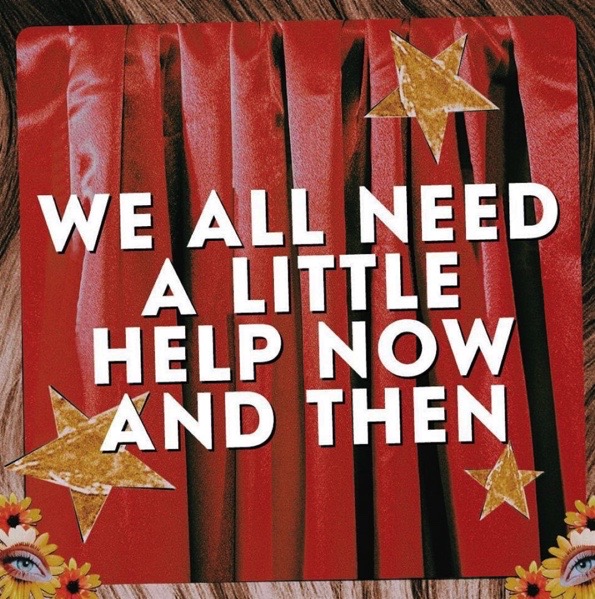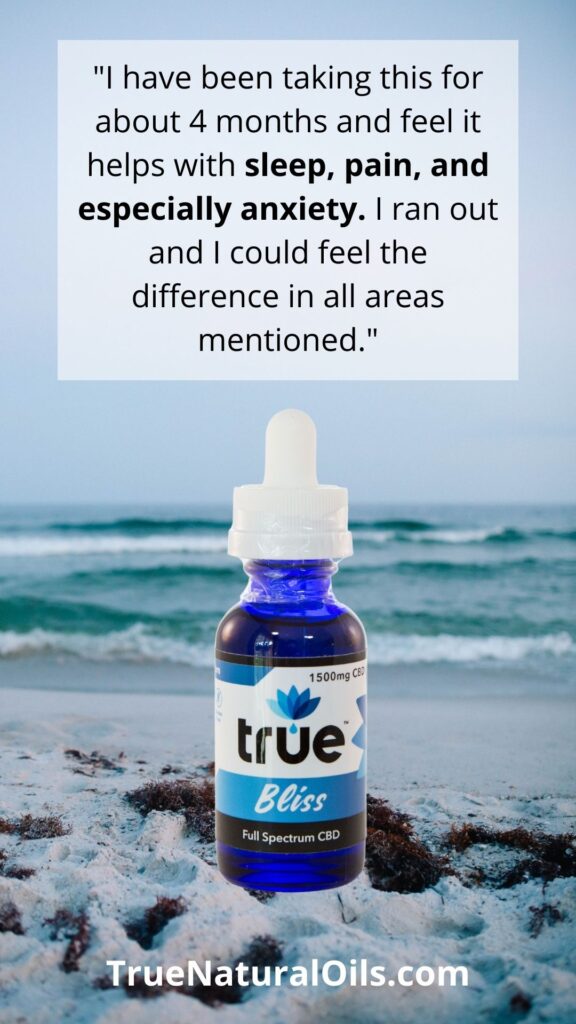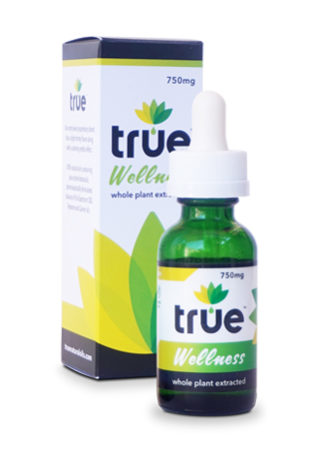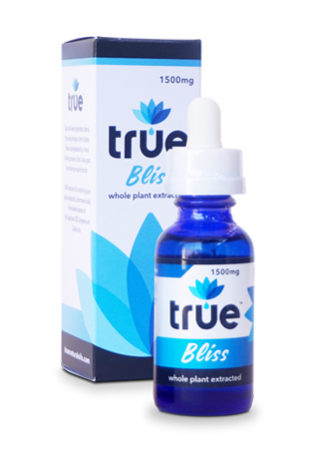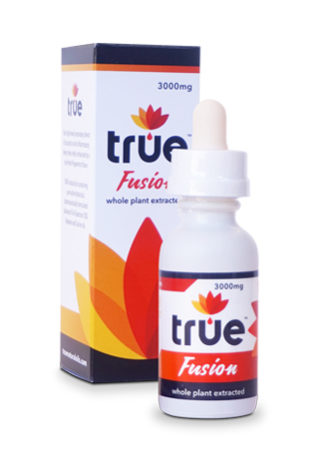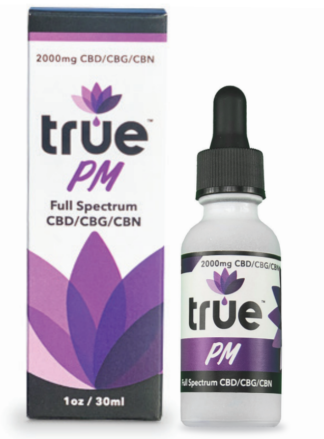
Traumatic brain injury affects a high number of young adults and their hospitalization is still a significant public challenge. During neuronal damage a complex series of mechanisms becomes activated. Energy failure leads to calcium overload, depolarization of neurons and release of neurotransmitters with consecutive excitotoxicity, induced through overstimulation from excitatory receptors like NMDA receptor.
Injured neuronal tissue releases pro-inflammatory cytokines leading to migration of inflammatory cells to the damaged site and inflammation. Cannabinoids (CBD) positively affect cellular and molecular processes during ischemic or traumatic brain injury and were shown to be protective mostly via microglial cells.
The number of damaged neurons was significantly reduced after treatment with endocannabinoids, like N-arachidonoyl dopamine, (2-AG) or PEA associated with altered microglial cell number. 2-AG was shown to induce protection after neuronal lesion and to reduce the amount of tumor necrosis factor α released from LPS activated microglial cells.




